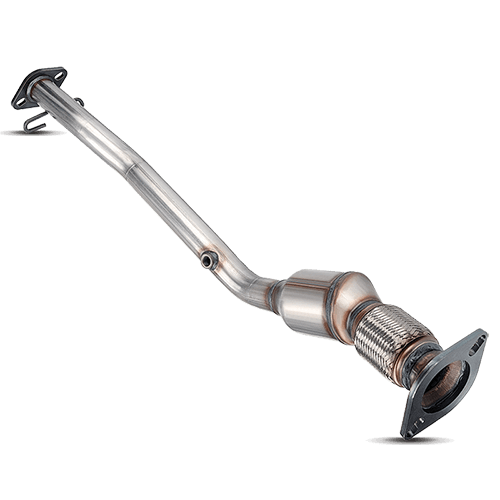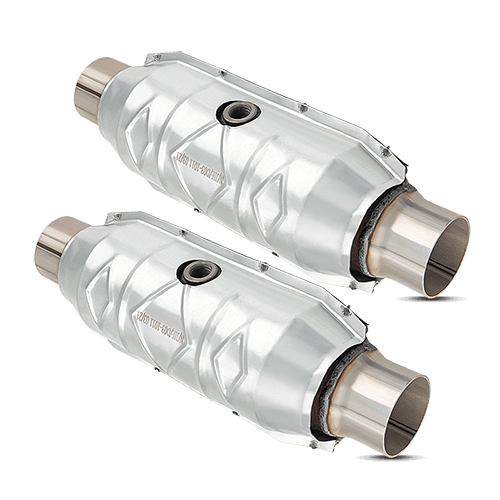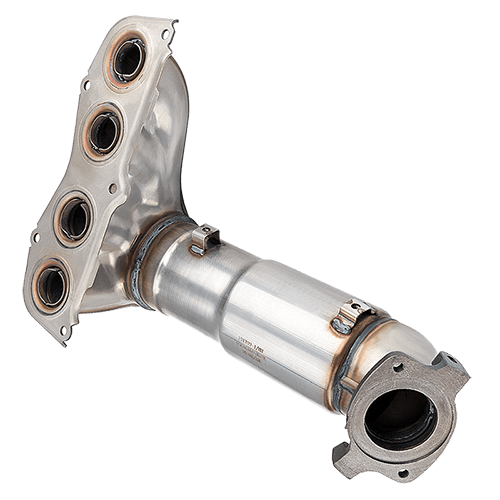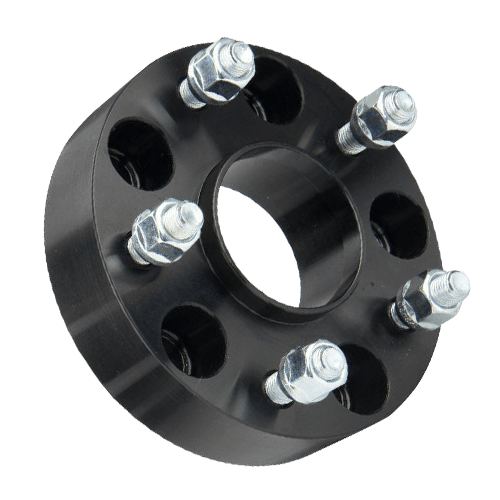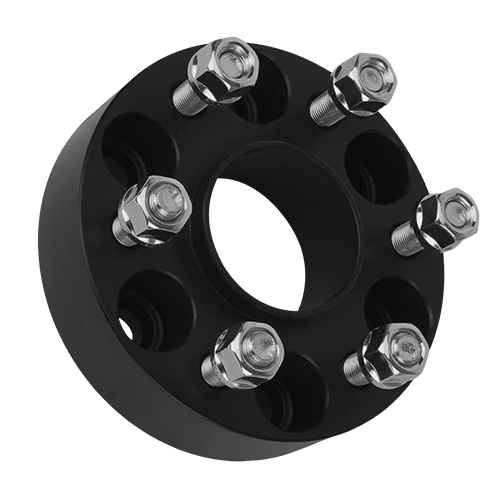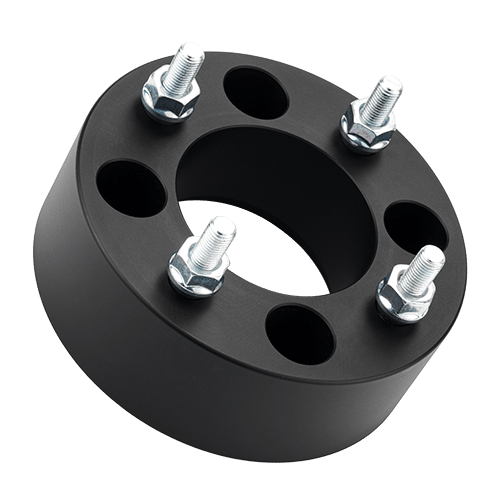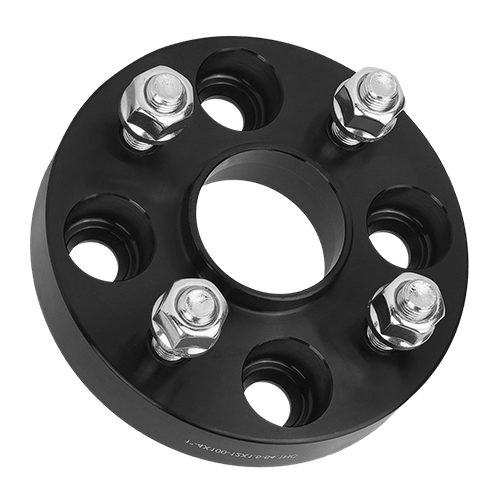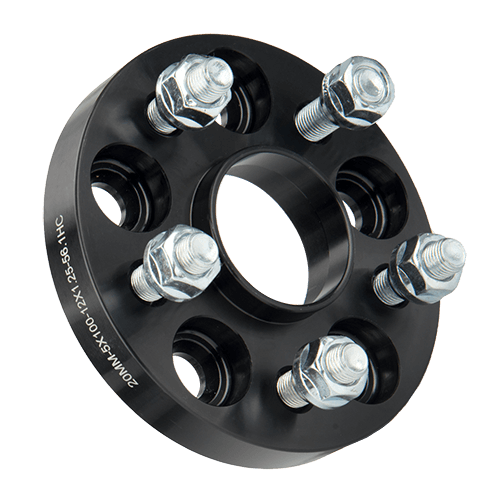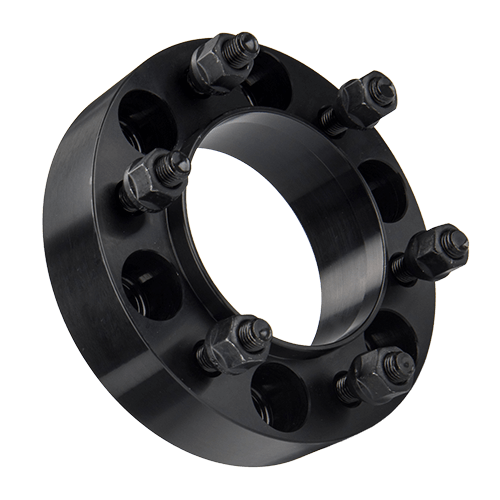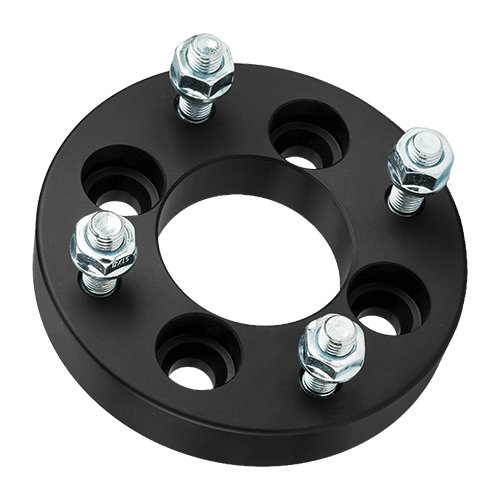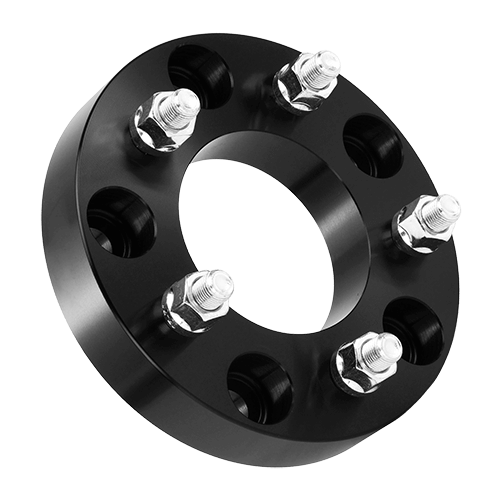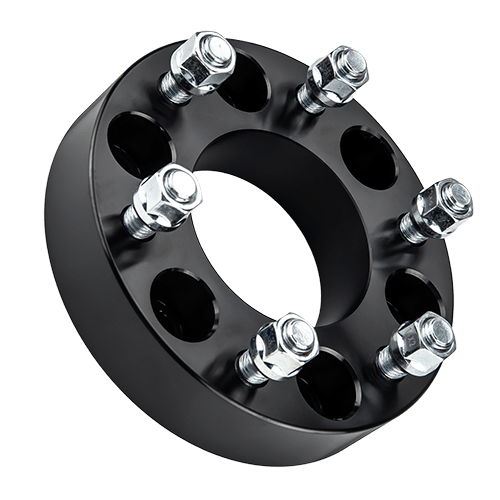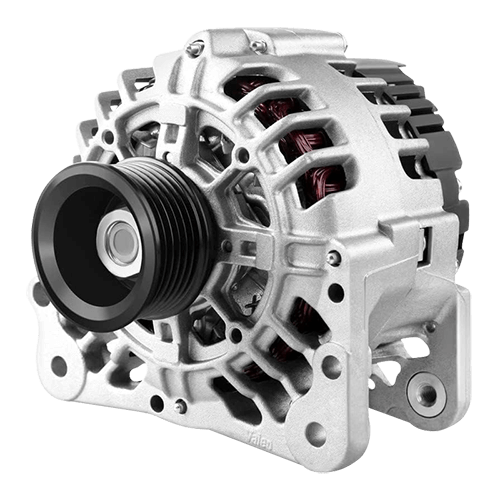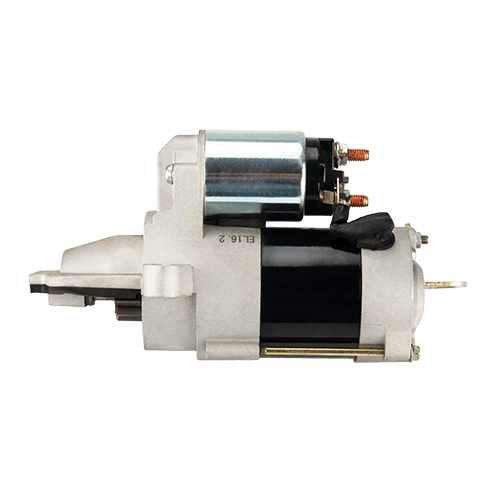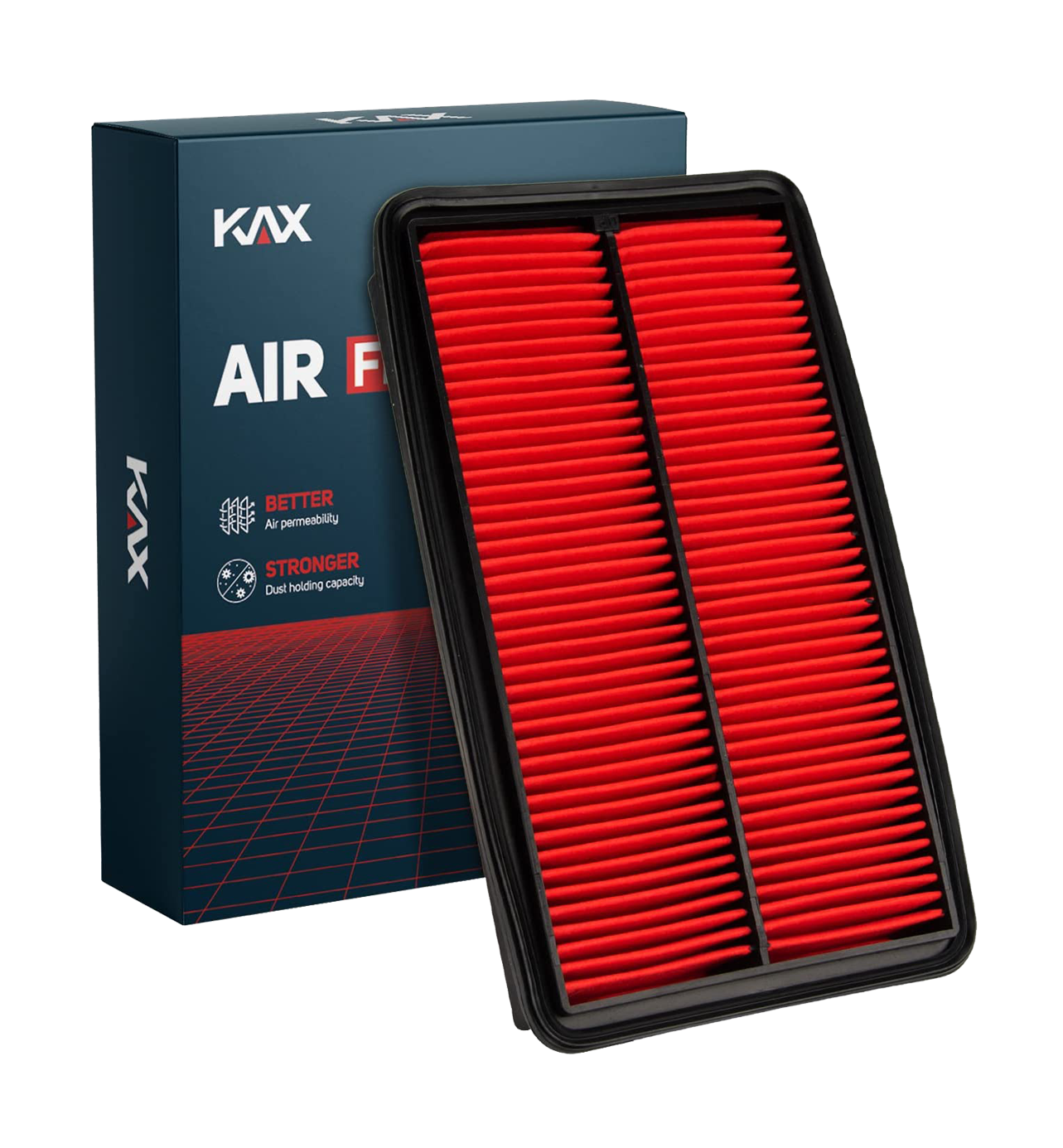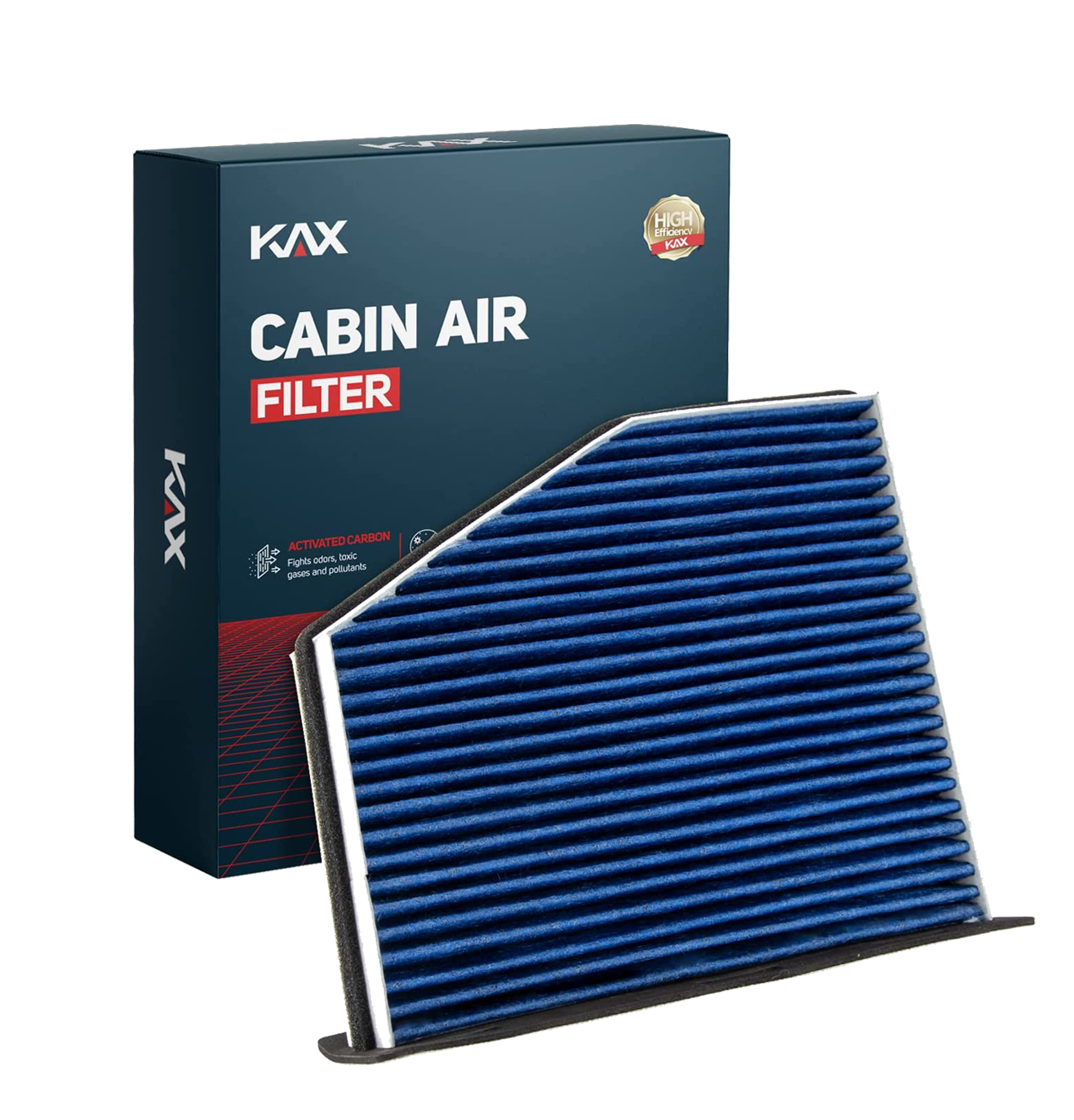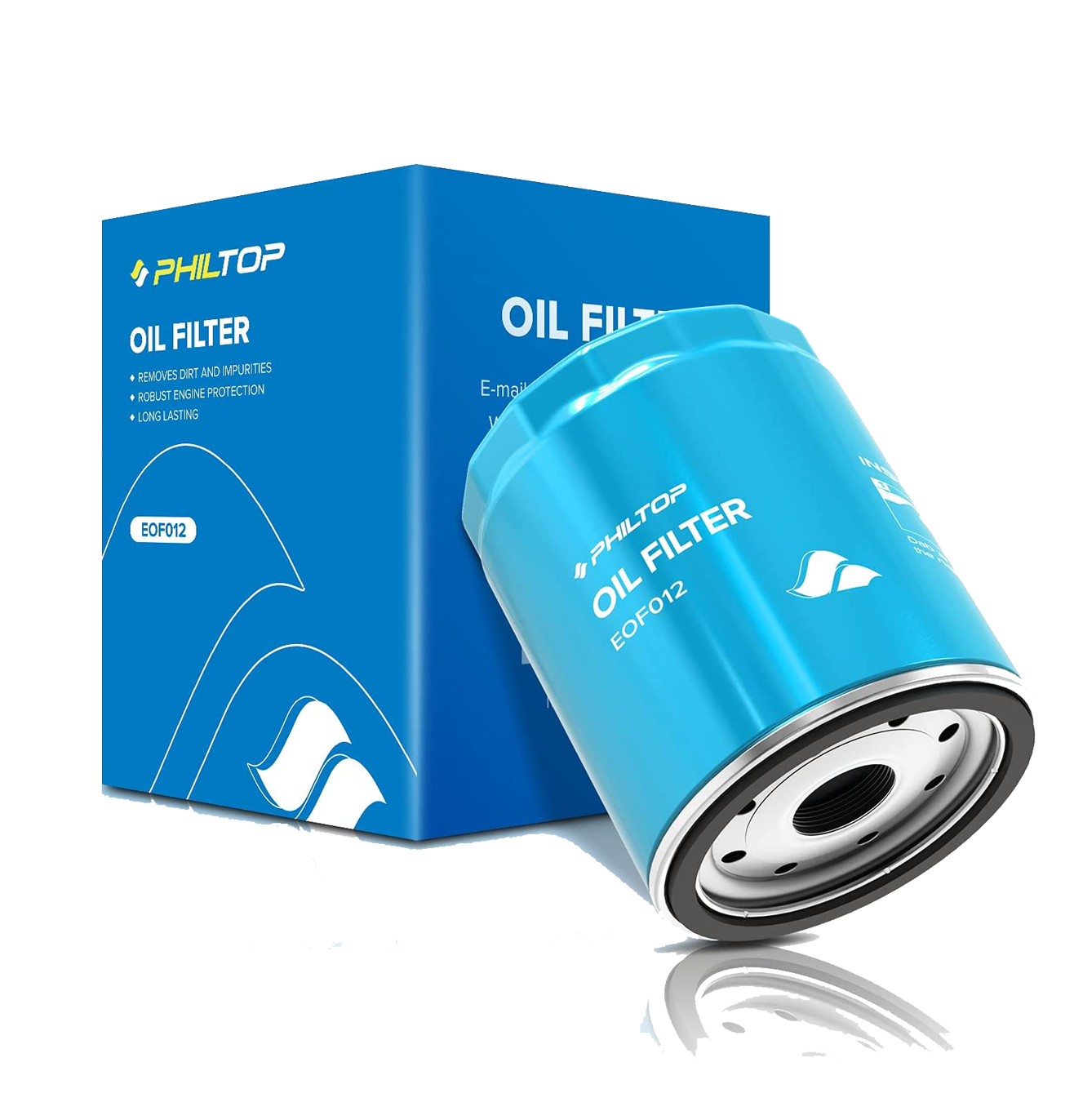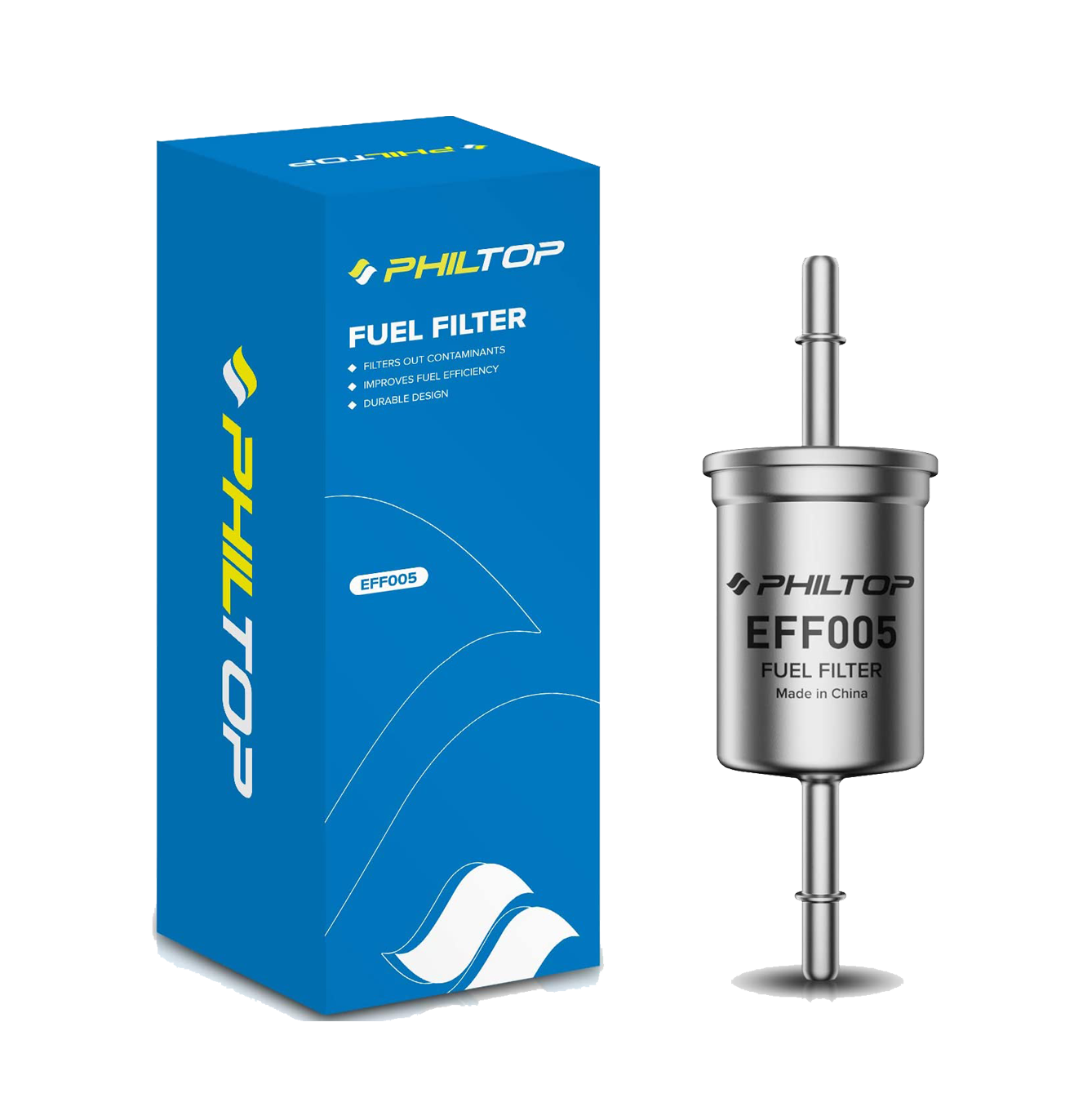Catalytic converters play a pivotal role in reducing harmful emissions from your vehicle, ensuring a cleaner environment and helping your car run efficiently. However, when a catalytic converter goes bad, it can affect your vehicle's performance and even pose legal issues. This article will guide you through the key symptoms of a failing catalytic converter, why it’s critical to address these issues, and what steps you should take next.
Why Are Catalytic Converters Important?
Catalytic converters are a critical component of your vehicle’s exhaust system. Their primary function is to reduce harmful emissions, such as carbon monoxide, hydrocarbons, and nitrogen oxides, by converting them into less harmful gases like carbon dioxide and water vapor. Required by law in most regions, catalytic converters not only help lower your car’s environmental impact but also ensure compliance with emissions regulations.
Without a functioning catalytic converter, your car could release toxic pollutants into the air, harm the environment, and fail emissions tests, which might result in hefty fines or restrictions on driving your vehicle.
Dig deeper: What Is a Catalytic Converter & How Does It Work?
Why Do You Need to Replace a Bad Catalytic Converter?
Catalytic converters play a key role in reducing harmful emissions from your vehicle. While protecting the environment is reason enough to keep yours in good shape, there are also serious practical concerns to consider. For one, a failing converter can prevent your car from passing emissions tests. Even worse, if left unaddressed, a clogged converter can overheat and eventually lead to complete engine failure. That’s why it’s essential to recognize the signs of trouble early and take action before it leads to costly repairs.
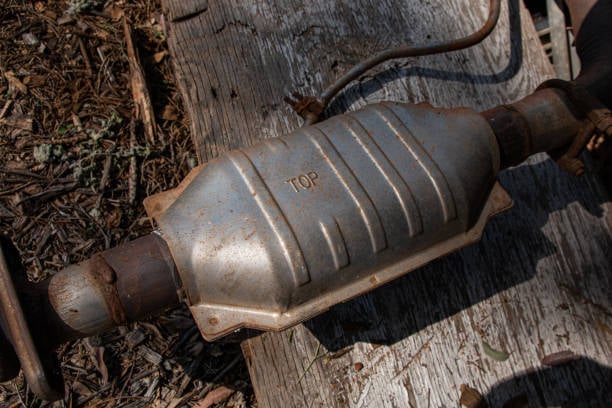
Check Engine Light Is On
Your vehicle’s check engine light plays a key role in identifying engine problems, including issues with the catalytic converter. Modern engines rely on oxygen and air-fuel ratio sensors to evaluate how well your converter is processing exhaust gases. If these levels stray beyond the expected range, the system registers a fault and illuminates the check engine light. While this is an efficient way to detect a malfunctioning catalytic converter, it’s not foolproof. Some early-stage failures may not be severe enough to trigger the alert immediately.
Sluggish Acceleration
A sudden loss of engine power and reduced acceleration is often one of the clearest signs of a clogged catalytic converter. This component is essential to maintaining proper exhaust flow. When it's obstructed, exhaust gases can’t exit the engine efficiently, which disrupts the intake of fresh air. This imbalance leads to incomplete combustion, resulting in poor engine performance and noticeably slower acceleration.
Decreased Fuel Efficiency
Another symptom of a bad catalytic converter is reduced fuel efficiency.Your engine depends on oxygen sensors to maintain the right balance of air and fuel. When the converter is blocked, it can trick the sensors into thinking there's more air than there actually is. This causes the engine to burn extra fuel—more than it really needs—an issue known as “running rich.”
Not only does this lower your fuel efficiency, but it can also worsen buildup inside an already struggling catalytic converter.
Unusual Smell From the Exhaust
A healthy catalytic converter quietly does its job by converting toxic exhaust gases into less harmful substances. But when it starts to fail, one of the first signs is a foul odor—often compared to rotten eggs or burning sulfur—coming from your tailpipe.
This smell indicates that dangerous gases like hydrogen sulfide aren’t being properly filtered. Inhaling these fumes, especially inside your vehicle, can cause nausea, dizziness, or long-term health risks.
If you notice this smell, don’t wait. Your catalytic converter may need immediate replacement.
Engine Misfires
Your engine’s performance relies on the clean and complete burning of fuel. A failing catalytic converter disrupts this balance, allowing unburned fuel to pass through the system. This can cause misfires in the engine cylinders, resulting in sluggish performance and difficulty starting the car.
If misfires become a regular issue, it could be a clear indicator that your catalytic converter is no longer doing its job and needs to be replaced.
Rattling Noises Under the Vehicle
If you hear a metallic rattling noise coming from underneath your vehicle—especially during startup, idle, or acceleration—it may indicate a problem with your catalytic converter. This component contains a ceramic honeycomb structure that can become damaged over time, particularly if the engine runs rich and produces excess heat.
When this internal structure breaks apart, it can shift around inside the converter housing, causing a distinct rattle. While it might seem minor at first, this noise often signals that the converter is beginning to fail. Ignoring it could lead to a complete blockage or even damage to the engine and exhaust system.
What to Do If You Notice These Symptoms
If you notice any of the symptoms mentioned above, it’s important to act quickly. Here’s what you should do:
Get a Diagnostic Test: Use an OBD-II scanner to check for error codes or visit a trusted mechanic for a professional diagnosis.
Inspect the Converter: Have a qualified technician inspect the catalytic converter and other related components, such as oxygen sensors and the exhaust system.
Replace the Converter: If the catalytic converter is confirmed to be faulty, replace it with a high-quality, compatible part. Avoid temporary fixes, as they may lead to recurring issues.
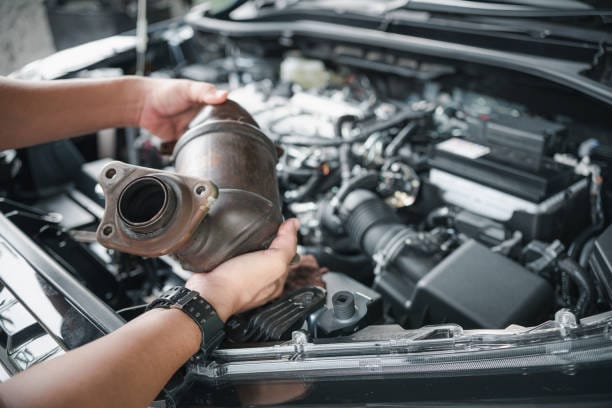
Shop Philtop New Catalytic Converter
When it’s time to replace your catalytic converter, don’t settle for less. Philtop offers a premium selection of catalytic converters engineered to meet or exceed OEM standards. Built with high-grade materials and advanced technology, our converters deliver excellent performance, durability, and emissions compliance.
Whether you need a direct-fit replacement, manifold catalytic converter, or a universal converter, Philtop is your trusted source for reliable, high-performance auto parts—all available online with fast, convenient shipping.

